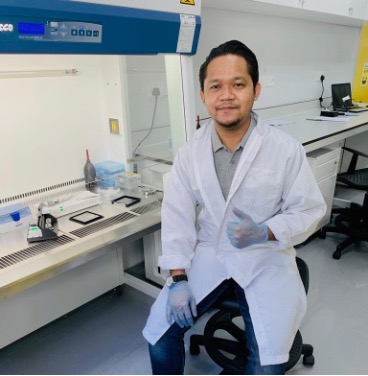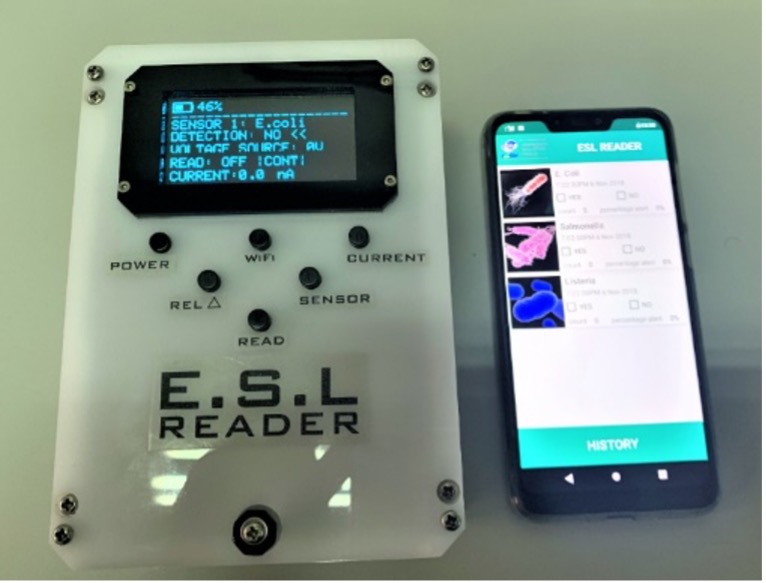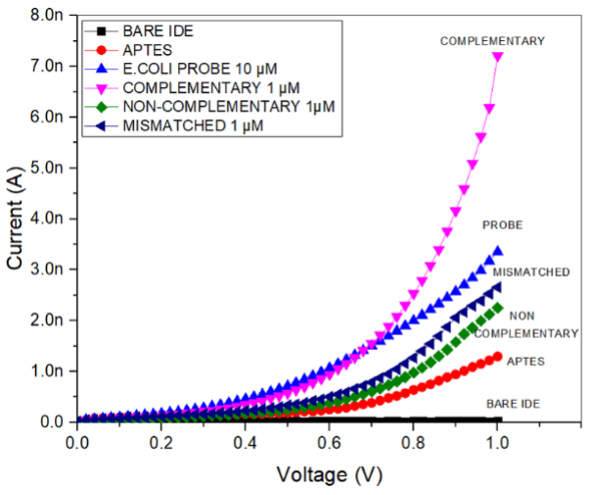Research News
"According to the World Health Organization, 220 million children suffer from diarrhoea each year, with 96 thousand losing their lives due to the consumption of contaminated food."
IoT-Based Portable Biosensor for The Rapid Detection of E. Coli O157:H7
Published: 08 May 2024
Led by Dr. M.N. Afnan Uda.
Researchers from the Faculty of Engineering at Universiti Malaysia Sabah (UMS) have developed an IoT-based portable biosensor for the rapid detection of E. Coli O157:H7. Ensuring the safety of food is a top global public health priority. Food contamination by pathogens or pollutants poses a significant threat to human health, especially for individuals at higher risk of infection, such as newborns, young children, pregnant women, and the elderly.



Foodborne pathogens pose an escalating threat to human health, and the importance of early disease detection and ensuring a safe food supply has never been greater. Among these pathogens, Escherichia coli O157:H7 stands out as an especially dangerous bacterium capable of causing severe illnesses. Addressing this concern, a novel IoT-based portable biosensor has been developed, providing rapid and highly sensitive detection capabilities.
This innovative device is designed to capture the electrical signals generated by the biosensor, converting biological reactions into electrical signals. The in-house electronic reader is compatible with two-electrode amperometric electrical biosensors and is capable of multiplex detection, enabling the simultaneous identification of three samples of E. coli O157:H7 bacteria. The device demonstrated its ability to detect E. coli species at a femtomolar concentration. Furthermore, its selectivity was tested using complementary, non-complementary, and mismatched ssDNA target sequences.
The development of this IoT-based portable biosensor represents a significant advancement in food safety and disease detection. With its exceptional sensitivity, selectivity, and real-time results, it offers a practical and efficient solution for the rapid detection of E. Coli O157:H7, enabling swift response measures. Furthermore, it reduces detection time, making it a valuable tool for ensuring food safety and public health. Additionally, this system could be a game-changer in addressing the threat posed by emerging viruses. It could be used to detect not only various strains of E. coli O157:H7 but also newly emerging viruses at the cellular level.
Further reading:
https://doi.org/10.1007/s00542-017-3498-2
https://doi.org/10.1063/1.5080840
https://doi.org/10.1088/1757-899X/743/1/012020



